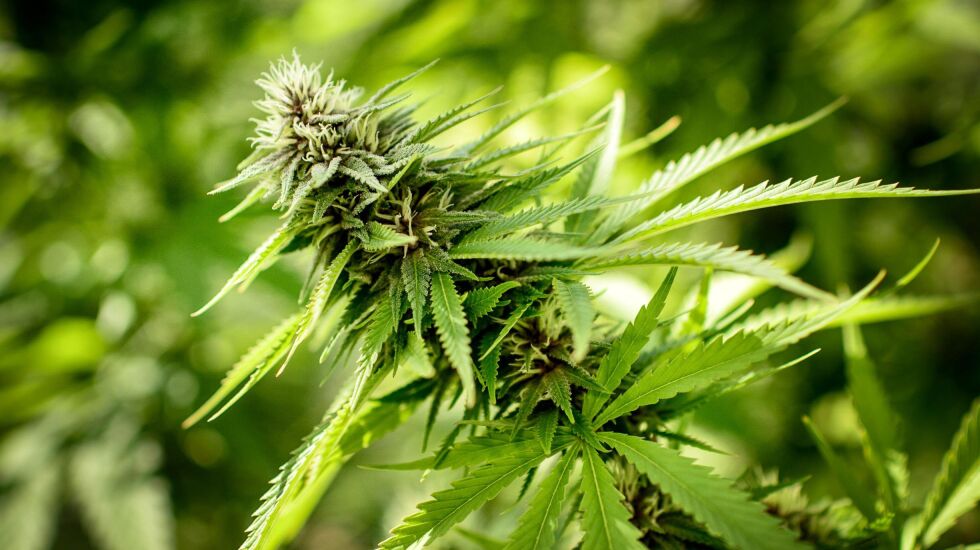
As the pot industry in Illinois continues to struggle to meet diversity goals, a state oversight office is launching a study into whether discrimination exists in the growing business.
The $2.5 million study, required by state law, will analyze applications for licenses to grow marijuana, as well as transport and dispense it. The study will look closely at the much-criticized social equity program, aimed at increasing diversity among license holders.
“We’re looking at every single license type we regulate in Illinois,” said Erin Johnson, acting officer of the Illinois Cannabis Regulation Oversight Office.“I think this disparity study will hopefully give us some insight to know how we’re doing,” Johnson said, “and what further steps we can take, if any, to truly make sure our industry in Illinois is the best and is the model for the nation.”
The sale of recreational marijuana was legalized in 2020 in Illinois, the 11th state to do so. The law included provisions to help veterans and people negatively impacted by the drug war get into the business.
But the rollout of these “social equity” licenses faced lengthy delays amid lawsuits and criticism the state was falling short of its diversity goals.
Nearly 200 recreational cannabis licenses were eventually doled out on a conditional basis to social equity applicants, but few have gotten final approval to open.
As of Feb. 3, seven of 192 applicants with conditional licenses went on to get their full license and have opened dispensaries. An eighth business was set to open Thursday.
“Everyone in Illinois was disappointed the initial program caused a huge disparity in ownership between the people it was intended to help and those it helped to become millionaires,” said state Rep. La Shawn Ford.
Johnson said the study will suggest ways to boost diversity, but emphasized there was no “preconceived notion of discrimination going into the study.”
“The study itself is really focused on collecting and analyzing data, both qualitative and quantitative, to see if discrimination exists in the cannabis industry in Illinois,” she said.
The study will be done by Peoria-based Nerevu Group, which describes itself as helping clients “uncover the insights hidden in their real-time data.”
“This study is essential in identifying potential disparities and suitable remedies,” Nerevu founder Reuben Cummings said in a statement. “We are excited to initiate this project and look forward to connecting with the greater cannabis community.”
In the meantime, Ford said the state needs to extend the deadline for license applicants. The current deadline for conditional licenses is 180 days, though applicants can be eligible for an additional 180 days.
“The failure of the state to do those things expeditiously will result in a lot of social equity applicants losing the chance to be in this industry,” he said.







